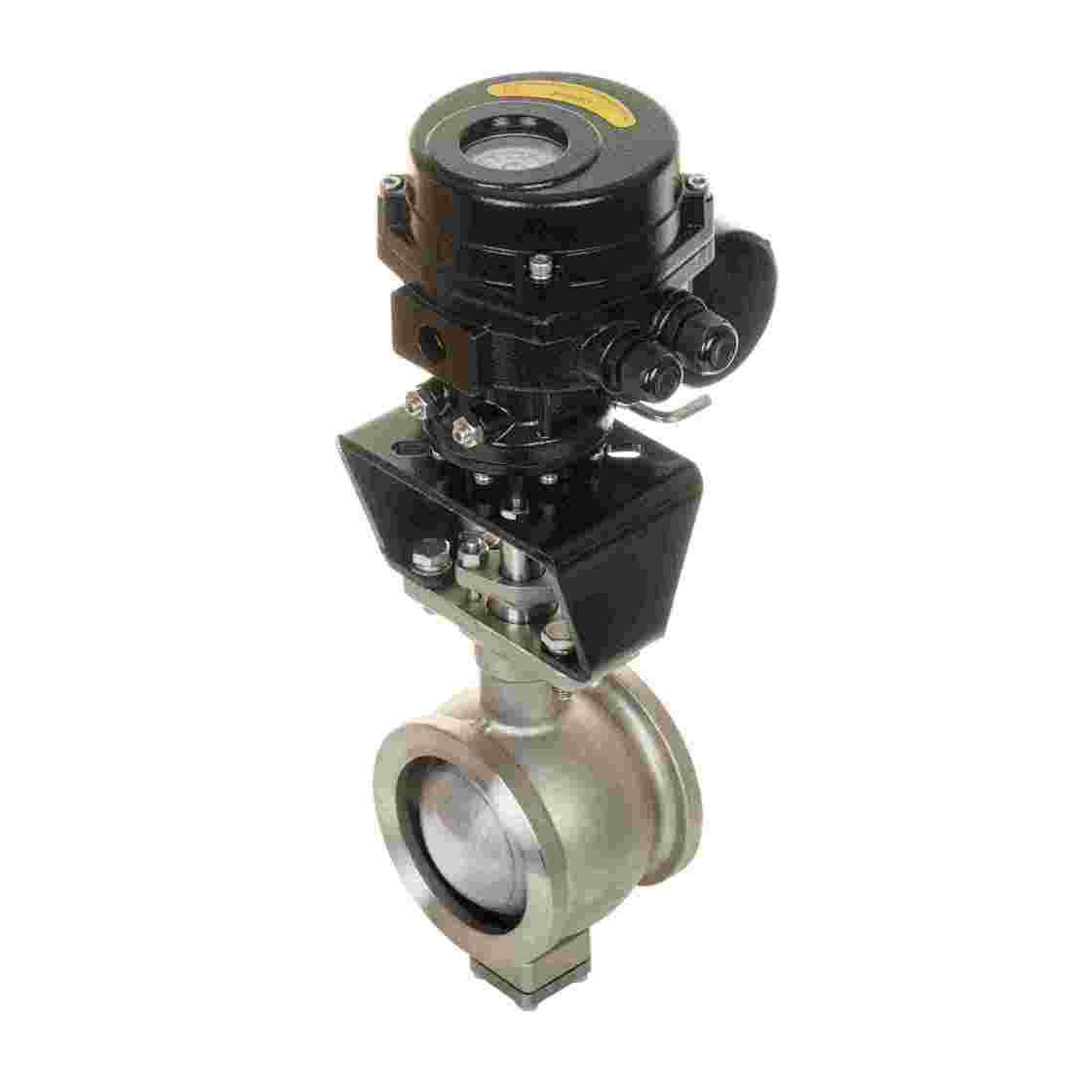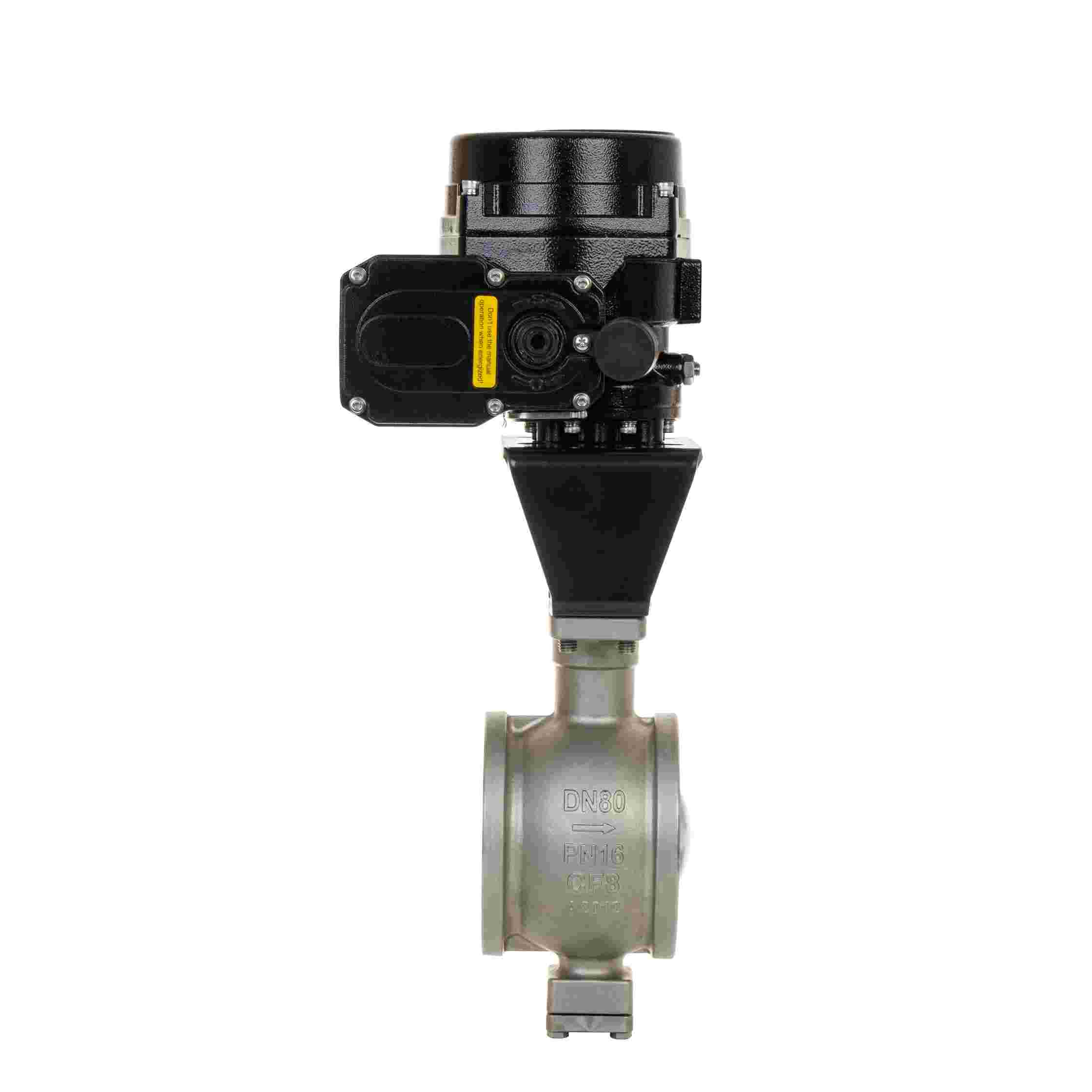
As the world continues to explore alternative energy sources, hydrogen has emerged as a promising solution to combat climate change and reduce reliance on fossil fuels. The development of hydrogen energy technology is vital for creating sustainable energy systems, and among the key components that contribute to the efficiency of these systems is the hydrogen energy electric V-ball valve. This innovative valve plays an essential role in hydrogen energy systems, enhancing their reliability, safety, and overall performance. In this article, we will explore the significance of hydrogen energy, the function of the electric V-ball valve, and how this combination is shaping the future of energy technology.

The Role of Hydrogen Energy
Hydrogen energy is gaining recognition as a clean, sustainable, and versatile energy source. Unlike traditional fossil fuels, hydrogen, when used in fuel cells or combustion processes, produces only water vapor as a byproduct, making it an environmentally friendly option. The global push toward renewable energy sources, such as wind, solar, and hydroelectric power, is essential for reducing carbon emissions and mitigating the effects of climate change. Hydrogen energy, in particular, has the potential to decarbonize various sectors, including transportation, industry, and power generation.
